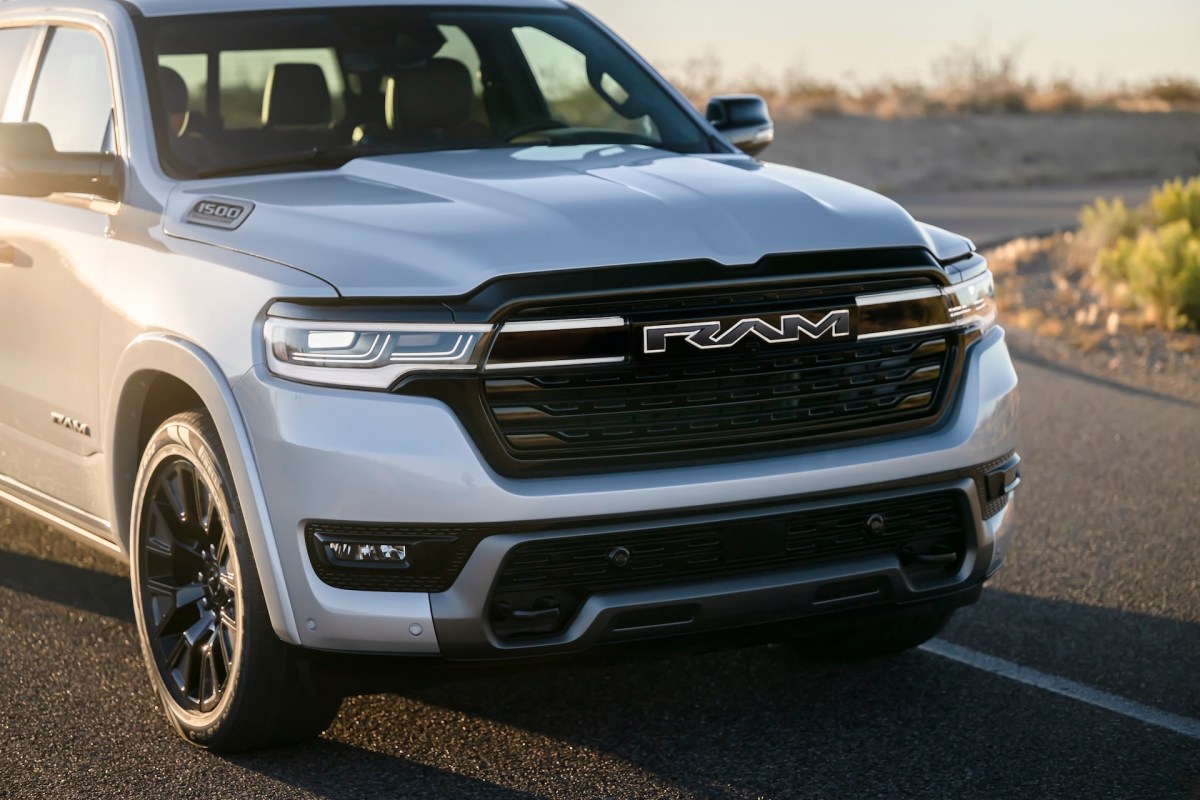While electric vehicles continue to gain popularity and pry customers away from traditional gas-powered cars, many people are still hesitant to adopt this new technology due to worries of "range anxiety" — the fear of being stranded with an empty battery.
Now, Big Three automaker Stellantis is releasing a new pickup truck that is intended to help address that anxiety. The Ramcharger is technically a battery electric vehicle with a relatively short range of 145 miles. However, it also includes a gas-powered generator that can charge the battery as it drives.
"There's so many advantages to a battery electric vehicle, but there are certain things that are slowing people down," such as range anxiety, Tim Kuniskis, CEO of the Ram brand, told CBS, adding that the Ramcharger makes it so that customers "don't have to worry about it with this."
If it seems somewhat contradictory for a battery electric vehicle to be powered by burning gasoline, well, that's because it is. While hybrid gas-electric cars have been around for a long time and are, on balance, marginally more environmentally friendly than fully gas-powered cars, what Stellantis is doing with the Ramcharger seems intentionally misleading.
The company seems to be trying to draw the distinction that this pickup truck is less gas-powered than other hybrids because the gas is charging a battery rather than turning the wheels directly. However, if the result is that gas must be used to make the car run, it is difficult to see what that distinction really amounts to.
According to the Environmental Protection Agency, Stellantis had the worst fuel economy of any major automaker in 2021 and has had to pay hundreds of millions of dollars in fines as a result.
Instead of promoting its lackluster EVs to customers by having them actually run on gas, a better strategy for the company might be to improve its battery technology, ensuring longer driving ranges, as many other automakers are doing.
In addition, Stellantis could lean into the fact that EV charging stations, once a rare sight, are becoming more and more widespread throughout the United States (and other countries), turning range anxiety into a thing of the past.
Join our free newsletter for weekly updates on the coolest innovations improving our lives and saving our planet.









